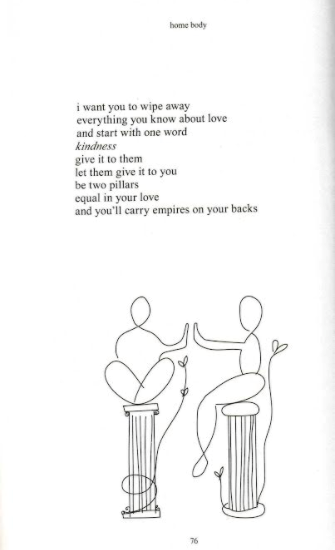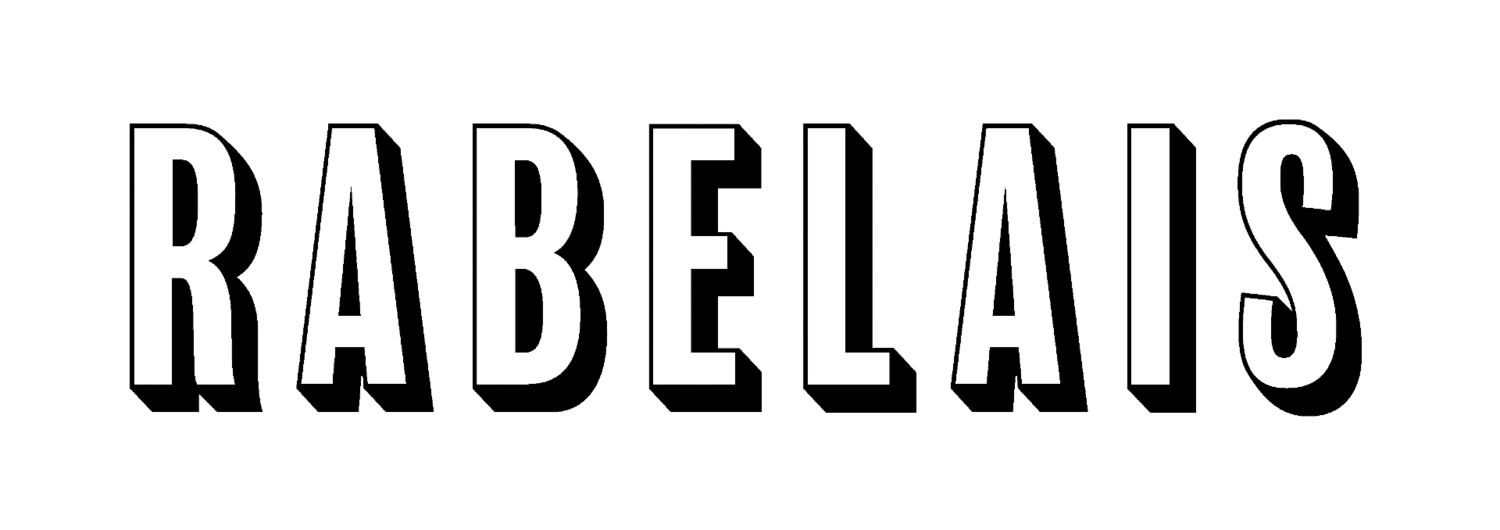Kaur’s ‘Homebody’ and the climate of sexual violence
TW: sexual violence, explicit content
Within the context of sexual violence, sexism and sexual inequality that social media and the public has recently been inundated with, Canadian poet Rupi Kaur speaks to the sombre reality of victim-blaming, silencing and shaming of women in her acclaimed book ‘Homebody’. She unapologetically expresses her sense of womanhood, sensuality and femininity despite her personal struggles with the toxic culture.
Highlighting how debilitating it is for someone’s self-esteem, self-respect and one’s self-worth later on in life, she poetically puts it as chipping away at one’s soul. Young girls are reassured to take back power and not be defined by what their perpetrators did to their sense of self-worth, inspiring us to lessons of self-love, kindness and to be a critical active citizen too. Kaur’s poetry inspires grace, resilience and strength in the face of adversity.

Kaur suggests that one of the pillars of a healthy and respectful relationship is kindness.
The reciprocity of kindness, respect, trust, honesty and empathy lay down the foundations for a strong relationship not only with one’s lover, partner or friend but most importantly themselves as well.

Kaur eloquently positions the reader to associate sex with an out of body experience that is spiritual and “earthy” in expression. However, her traumatic experience and suffering as a young girl falls short of this sweet rhetoric, alluding to issues which young girls encounter about sexuality and self-esteem. The poem depicts innocent girls as helpless, confused victims of their perpetrators abuse. Challenging the common misconception that women “ask for it” is important in guiding policy and education intervention around consent and establishing mutual reciprocity. Essentially, what should be a healthy exploration of one’s sexuality with consent and respect is overshadowed by control, manipulation, and abuse at ‘age of 7, 8, 9 and 10’.

Kaur sails with buoyancy through the concepts of self-love and self-realisation, amidst the cruelty, abuse and trauma by her perpetrator.

Kaur salaciously defines what it is to be intimate and honest with her sexual and emotional sense of self.
Her words are a better asset in creating titillating and empowering imagery far from that of any porn ad if you ask me.

A person one way or another will come to face, be challenged by or be called to act on justice; the justice that is found through raising one’s voice through speech, for example. Although sovereignty and freedom of speech may be contested concepts in politics, it is assumed that Kaur is referring to one’s sovereign right to exercise a basic right to have their say, truth be heard, and opinion be told. Essentially while this is quite idealistic it does raise the inevitable question to what extent and at what cost is the freedom of speech excusable especially when a voice may image on the rights of others and possibly harm the in the process. Kaur’s body of work however intends to disseminate meanings of love, respect ad peace to elevate, lift and support all the voices of humankind, especially the survivors of gendered sexual violence.

Kaur audaciously targets toxic masculinity with the use of the colloquial term “pussy” to refer to the female genitalia, which is often used in daily social interactions, in a matter of fact ways, both within the public domain and online. She is critical and humorous in her attempts to draw out the miseducation that young men have about female genitalia. Her poem evokes empowerment and feminism in highlighting the ironic nature of the use of “pussy” in society, as it challenges the biological essentialism (which refers to the way society and culture normalise biological differences) and the gender norms that portray men as strong and women as weak. She touches on the biological differences being the cause of gender inequality, rejecting the undervaluing of women through the discourse of using a part of a woman’s body as an insult, giving the term new meaning in a different context: a social one instead of anatomical one. The words ‘brave’, ‘pain’ and ‘strong’ can be interpolated as hegemonic masculinity which is juxtaposed with the value and appreciation of the workings of a woman’s body. The description challenges the way society has historically with ‘lest we forget’ to illustrate the normalisation of the use of pussy as an insult. However, Kaur’s assertion that pussy power plays into the gender dichotomy that positions masculinity as ‘ignorant’ and ‘stupid’ reinforcing the biological and societal discourses associated with the way gender norms are constructed within society. The piece fails to acknowledge the diversity of biological differences relating to the markers of sexual difference, beyond genitalia. Nonetheless, Kaur challenges both men and women to be reflective and critical of how loosely the term is used within society and how it impacts the status and understandings of women and hegemonic masculinity.

While it is necessary to highlight the importance of solidarity on the need for change gender sexual violence, inequality, and misogyny, anger is also an important element to drive significant cultural and social change in norms, systems and structures that continue to silence and victim blame women. The current toxic culture isn’t the responsibility for all men or one man to assume, but rather us all as a collective: parents, teachers, coaches etc… We must be careful on who we place blame on, for the “decades of misogyny” as it is counter conducive to effect real change in the today’s culture of gender sexual violence.
If you have been affected by any of the content in this poetry review you can contact Safer Community or Student Wellbeing for advice and support.
Kaur. R, 2020, Homebody, Simon & Schuster, New York.
